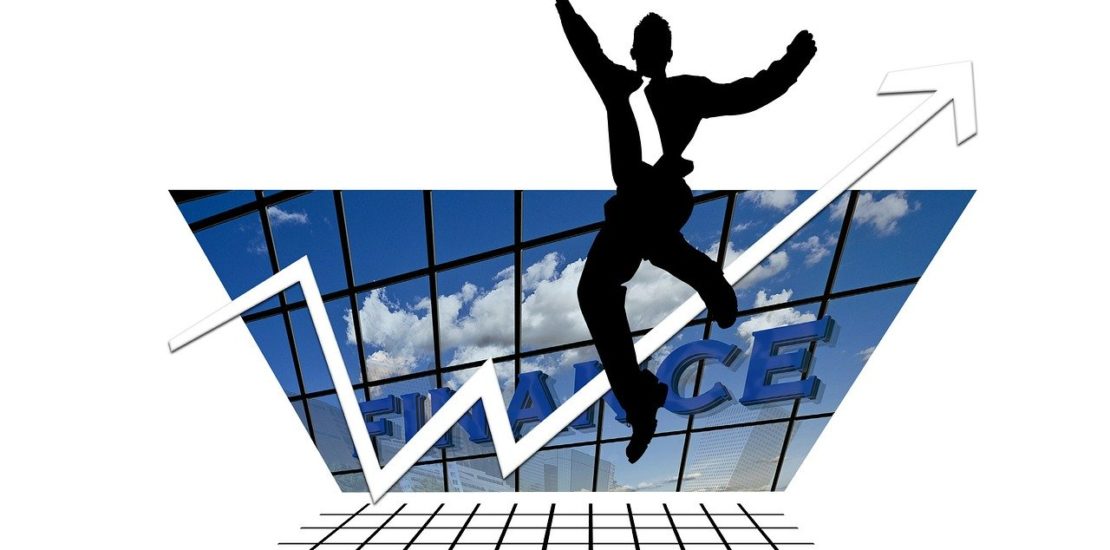- May 16, 2020
- Posted by: Ganeshcbani
- Category: Blog

Personal loans are a great way to get the money you need in a hurry, but there are a few things you should know before getting one. In this article, we’ll be discussing how to check your credit score and see if you’re eligible for a loan.
What is a credit score?
A credit score is a numerical indicator of a person’s creditworthiness. A score ranges from 300 to 850, with higher numbers indicating a lower risk of default.
What factors affect a credit score?
The three main factors that affect a credit score are your credit history, your payment history, and your debt-to-income ratio. Your credit history includes both the amounts you’ve borrowed and the terms you’ve used to repay those loans. Your payment history reflects how often you’ve paid your bills on time. And your debt-to-income ratio measures how much debt you’re taking on compared to your income.
How can I improve my credit score?
There are a few things you can do to improve your credit score: keep accurate records of your financial transactions, make timely payments on all of your debts, and keep a low debt-to-income ratio. You can also ask for help from a credit counseling service or an accredited loan bureau to help improve your credit score.
What affects your credit score?
Your credit score is a measure of your creditworthiness. It reflects how likely you are to pay back your loans and credit cards on time. Your credit score can also affect the interest rates you’re offered for personal loans and mortgages. Here are six factors that affect your credit score:
- How much debt you have (total amount of all your outstanding loans and credits, including mortgages and student loans)
- How long it has been since you last paid off any of your debts
- How much money you currently owe on each of your debts
- Your history of borrowing (how many times you have taken out loans and how much you have borrowed each time)
- How long it has been since you filed for bankruptcy or had any other financial problems (this affects your “credit utilization ratio” – the percentage of your available credit that is used)
- Your age (the older you are, the more likely it is that you will have more expensive debts and less creditworthy behaviors).
How to improve your credit score
To improve your credit score, start with these tips:
- Make on-time payments and keep a good credit history. This will help you get a lower interest rate on future loans.
- Pay off any high-interest debt as soon as possible. This will help you get a better credit score overall.
- Invest in your credit score by using a credit monitoring service to track your progress over time.
How to get a good credit score
If you’re thinking about getting a personal loan, your credit score is one of the things you’ll need to consider. There are a few different ways to get a good credit score, but the best way to find out is to get your free credit report from the three major credit bureaus each year. After you have your free credit score, use these tips to improve it.
To get started, make sure you keep updated on your credit score by monitoring all three reports every six months. This means checking your TransUnion report first, followed by Equifax and then Experian. You can do this automatically with a free tool like Credit Karma or by visiting each bureau’s website and doing it manually.
Once you know your average score for each of the three reports, work on fixing any issues that may be affecting your credit rating. This could mean paying off any high-interest debts, maintaining a good payment history, and using a secured card if possible. If you’ve never had a personal loan before and want to improve your chances of getting one in the future, start building up your credit history now by using a secured card and paying off your debts on time.
Low CIBIL score
A low credit score can make it difficult to get approved for a loan, and may lead to higher interest rates. Here’s how to check your credit score free of charge:
1. Visit Credit Karma.com and sign up for a free account.
2. Enter your name, job, andzip code into the search bar at the top of the screen.
3. Click “Credit Score” on the left-hand side of the screen.
4. On the “Credit Score Details” page, you’ll see your credit score and credit utilization (the percentage of your available credit that you’re using).
5. To view your credit report, click “View Your Report” next to your credit score on the “Credit Score Details” page. You’ll need to provide your Social Security number and date of birth in order to access your report.
6. If you want to dispute any information in your report, click “Disputed Accounts” on the “Credit Score Details” page and follow the instructions provided there.
Conclusion
Before you take out a personal loan, it’s important to know your credit score. A good credit score can help you get approved for a personal loan faster and reduce the amount of interest that you will have to pay. If you’re unsure about your credit score, check with one of the three major credit bureaus: Equifax, Experian or TransUnion. You can find their contact information on our website or by calling 1-800-685-1111.


